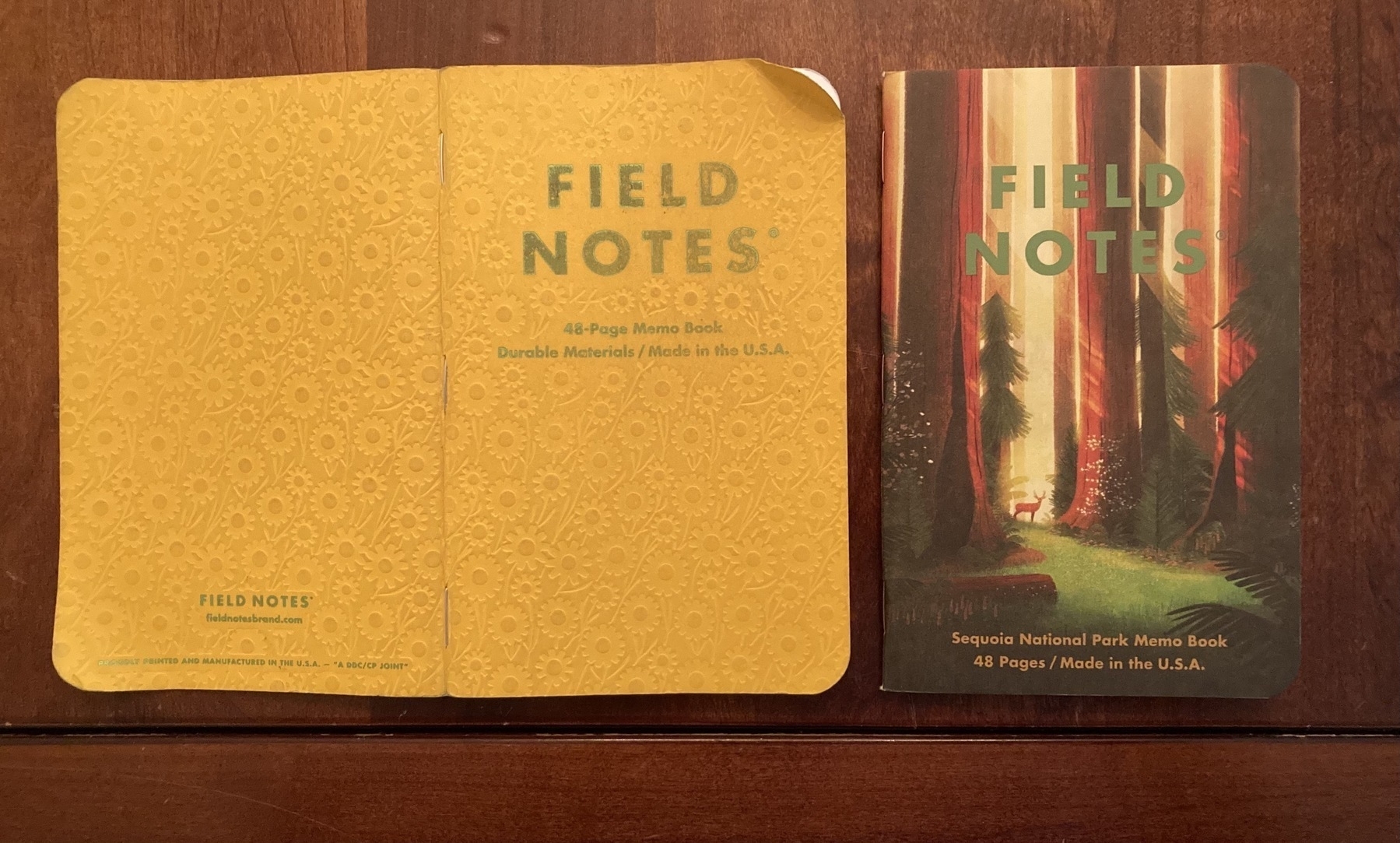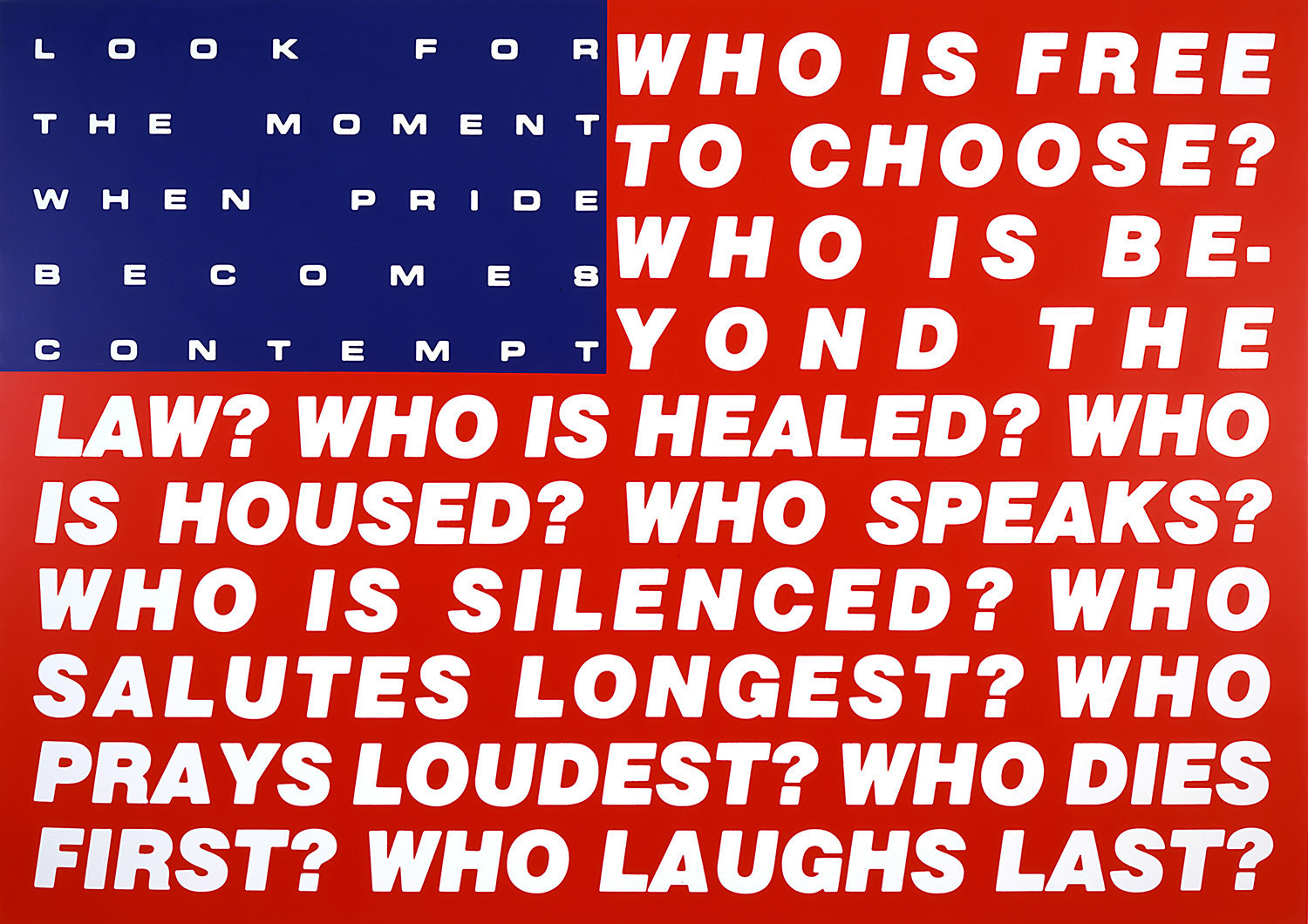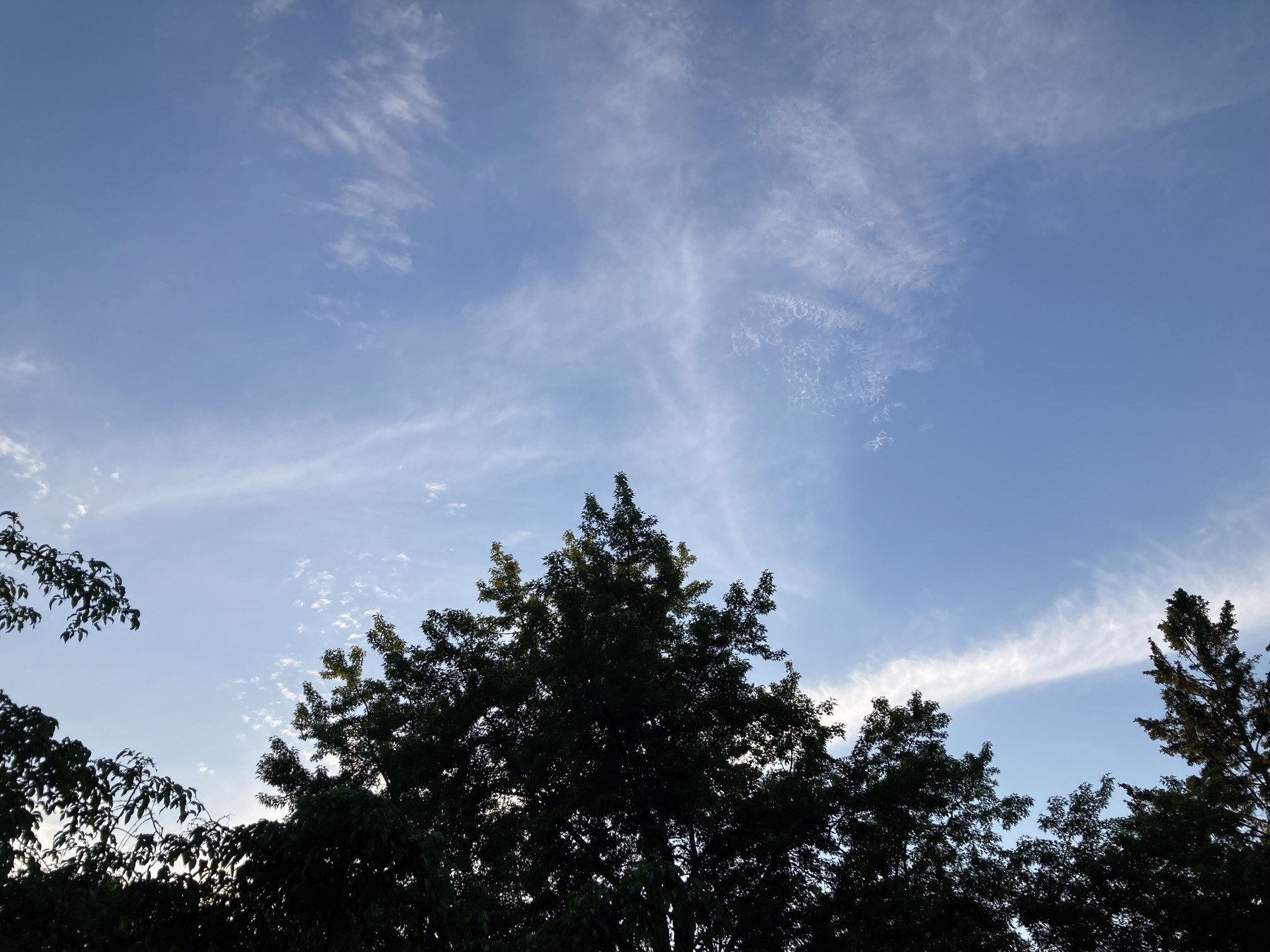Some years ago, when I was young and impressionable, a knowledgeable academic said to me, “There are two interesting things in the world — integration and disintegration — and they are equally interesting.” My response was the nineteen-thirties equivalent of Wow! — I felt I had learned everything worth knowing, if I could just hold onto this formula.
More and more, I have come to realize how wrong it is. Integration and disintegration are not equally interesting. Pathology is not as interesting as health, the journey to chaos is not as interesting as the journey to order. The poet may — in fact must — plunge into disintegration, pathology, chaos, maintaining as best he can his own freeboard, his balance — but it is the return to the surface, the return to sanity, where the experience may be recorded, that confirms our interest. Ishmael survived the sinking of the Pequod.
—Paul Metcalf, “Where Do You Put the Horse?”
(Collected Works Vol 3, pp 49–50)
Jane Jacobs, The Death and Life of Great American Cities:
When human affairs reach, in truth and in fact, new levels of complication, the only thing that can be done is to devise means of maintaining things well at the new level. The alternative is what Lewis Mumford has aptly called “unbuilding,” the fate of a society which cannot maintain the complexity on which it is built and on which it depends.
Joseph Brodsky:
Pushkin called translators “the post-horses of enlightenment.” If we take this metaphor to its logical conclusion (which is always dangerous), we should note that horses run as hard as they can only when a whip is whistling over them.
Or when they’re free.
“Says I to myself” should be the motto of my journal. It is fatal to the writer to be too much possessed by his thought. Things must lie a little remote to be described.
—Thoreau, Journal, 11 Nov 1851
Happy 205th, Henry.
This just turned up in an old book. Long gone. The Aster Café is there now.
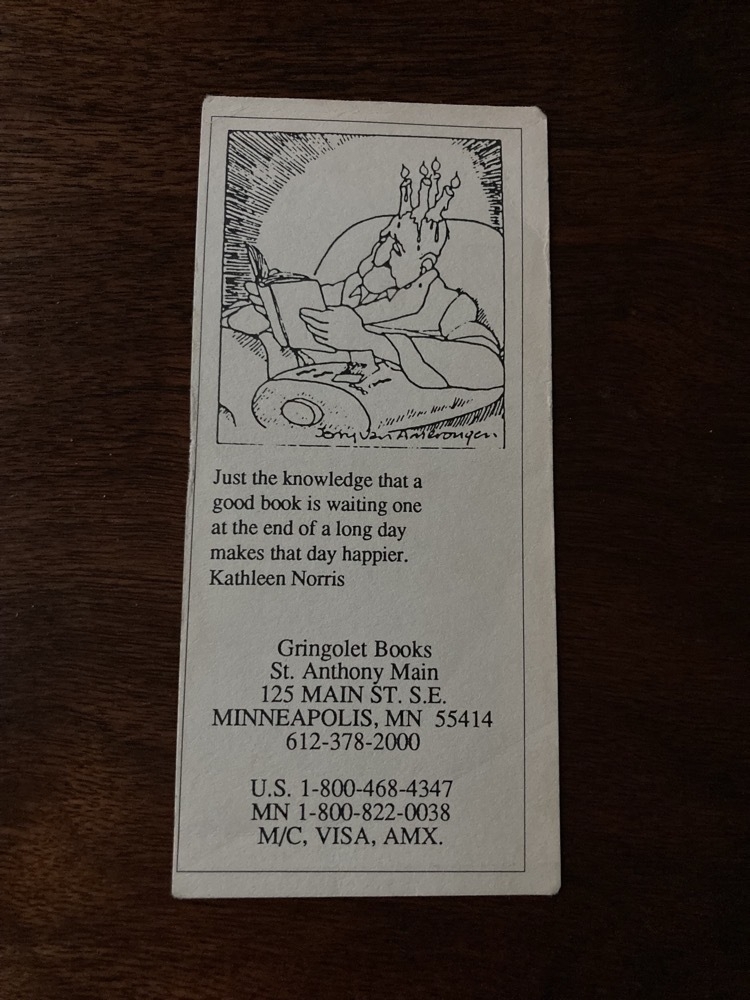
(Original series here, with subsequent discoveries here.)
Last, next.
87: Nat’l Parks (Sequoia)
88: Wednesday Blue
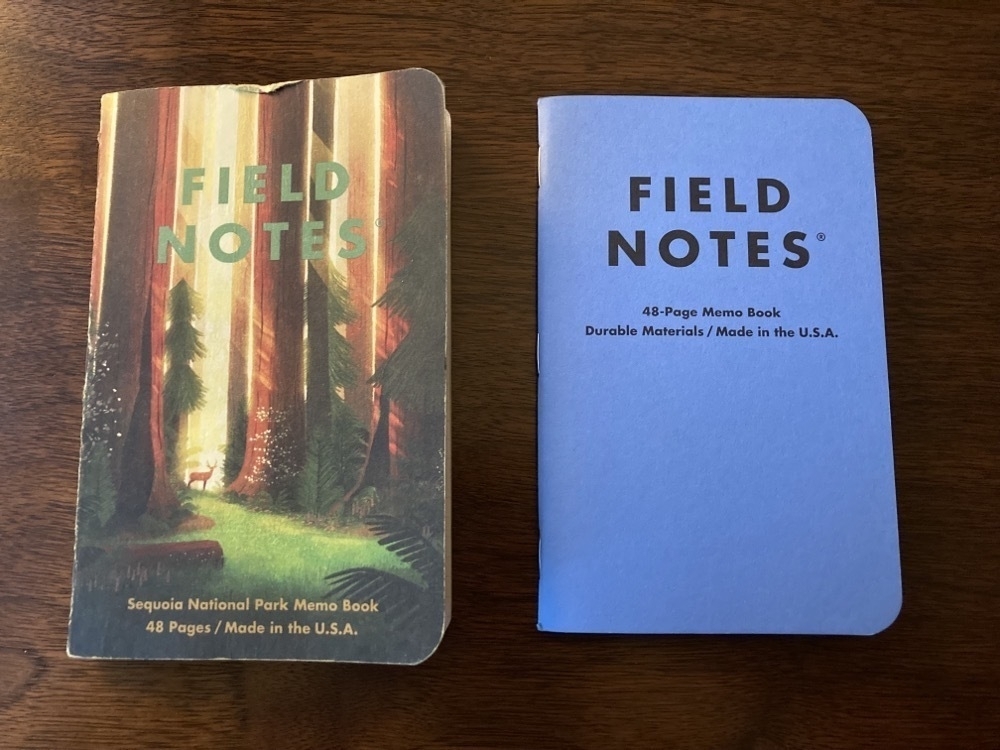
Earlier today, I reposted this tongue-in-cheek teaser for the fifth and final installment of my Poetry Mini Interview from April of 2021:
5: It’s the shocking season finale! To raise funds to save our gang’s favorite hang-out from foreclosure, I must perform a thrilling leap on water skis over a shark tank! (And in the episode’s audio commentary, I talk about what I’m currently working on.)
Now, let me be absolutely clear: Happy Days did not metaphorically jump the shark when Fonzie literally jumped the shark.
This article offers several other moments when the show took its fatal turn toward moribund irrelevance, all of which have something to recommend themselves.
I, however, have my own suggestion.
Fonzie was, as you may recall, a greaser. Likable, sure, but still a hoodlum and always just a little menacing. You did not want to get on his bad side. If you did, he would snap, “Step into my office!” and direct you to the boys’ room at Arnold’s.
For me, the show began to die when they installed a desk and chair, so the bathroom looked like an actual office. This killed everything about the running joke of a bathroom being a bully’s “office.” The fact that no one on the show either understood this — or much cared — demonstrated to me that the writers had lost their way.
Not like I lost much sleep over this at the time. By then, I had moved on to much more serious fare, such as The Dukes of Hazzard — which, compared to Happy Days, was practically The Wire.
You come at the Dukes, you best not miss.
(The penny, by the way, only recently dropped for me that the Dukes were bootleggers. This seemingly crucial detail, which explains absolutely everything about the antagonism between the Dukes and the cops, was simply lost on me as a preteen. The show was, to me, essentially a live-action Roadrunner cartoon. I didn’t care why the Coyote was chasing the Roadrunner any more than I wondered why Roscoe P. Coltrane and Boss Hogg were so obsessed with the Duke boys. I just wanted to watch them fail spectacularly as often as possible, preferably by destroying one ’67 Charger after another.)
Bonus! Now that this rare series has been reissued on DVD, be sure to check out the bonus disc of Deleted Scenes & Bloopers: Songwriting! Sylvia Plath! Bob Dylan! Cults! Hot dogs!
1: Never rebroadcast since its original airing, it’s the genre-defying pilot, in which people say the word “accomplish” so many times it stops holding any meaning whatsoever.
4: In this week’s musical episode, Hal Holbrook, fresh off his Tony award-winning run as the Mysterious Stranger, joins the cast to sing about adjectives. (Originally performed and broadcast live!)
2: In this exciting episode, groundbreaking in its use of CGI, I answer the question, “What poets changed the way you thought about writing?” Special appearance by the late John Engman in a flashback.
5: It’s the shocking season finale!
To raise funds to save our gang’s favorite hang-out from foreclosure, I must perform a thrilling leap on water skis over a shark tank!
(And in the episode’s audio commentary, I talk about what I’m currently working on.)
And here is the third post in my ongoing poetry mini interview.
In this “very special” episode — animated, in homage to The Sorcerer’s Apprentice — I wonder how I know when a poem is finished. Grace Paley guest-stars.
In the spring of 2021, I participated in the ongoing — and truly wonderful — Poetry Mini Interview series.
With summer upon us here in the northern hemisphere, it’s time for re-runs, where episodes of TV shows are shown out of order, so nothing makes sense!
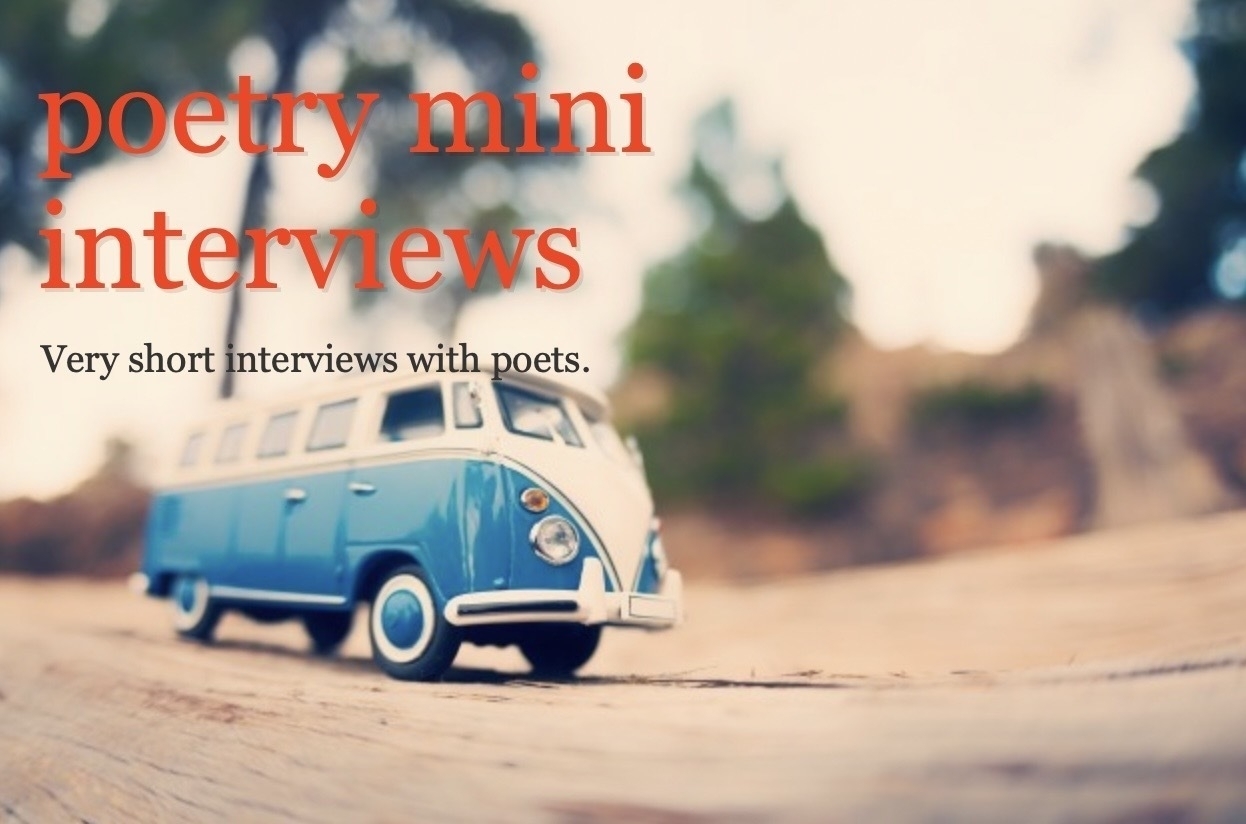
Q: Why was he doubly irritated?
A: Because he had forgotten and because he remembered that
he had reminded himself twice not to forget.
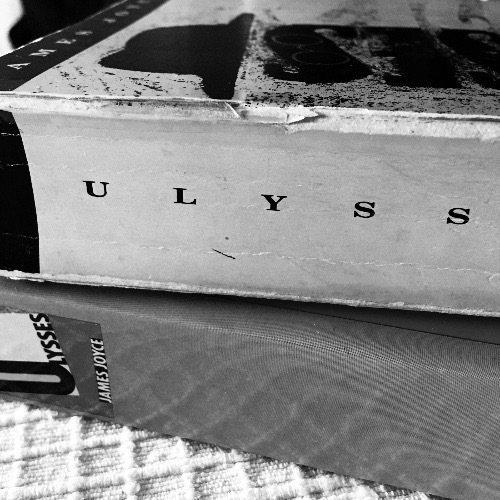
A poem of mine, Time & Times, has just appeared at the always wonderful Selcouth Station.
[2023-06: Selcouth Station has, unfortunately, shuttered and the website is no longer available.]
Spiders, spiders, spiders.
Foggy morning after a very stormy night.
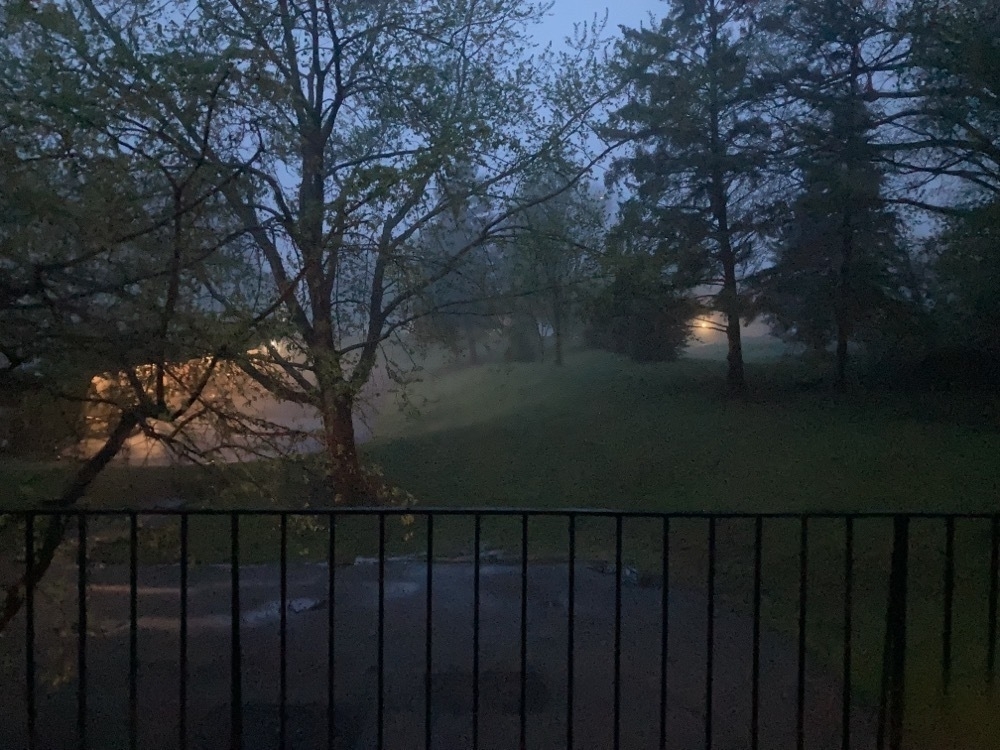
Last, next.
86: Signs of Spring (Contra Costa Goldfields)
87: Nat’l Parks (Sequoia)
